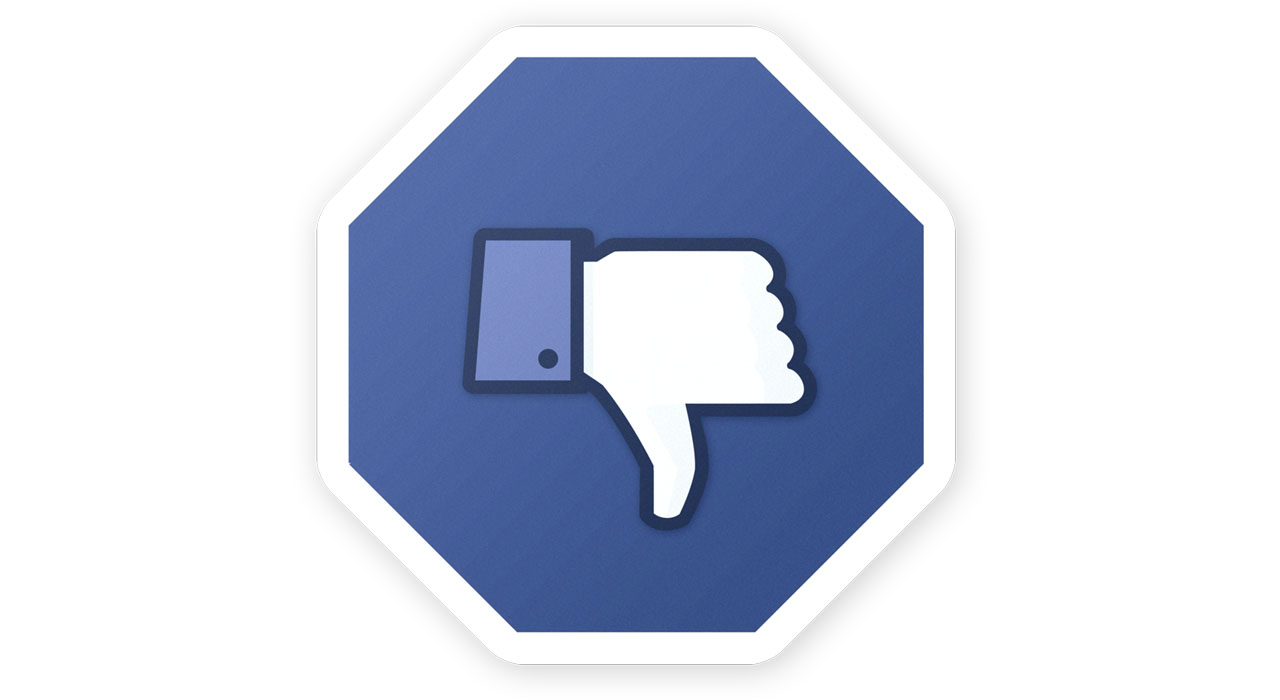Facebook has has a pretty shitty week in the media. Last week, we found out that they’d conducted an “emotional contagion” study in 2012 on almost 700,000 users without their knowledge. Advocates of privacy and informed consent raged, but defenders pointed out that Facebook’s User Agreement contains a sentence that warns users they can use your information for “internal operations, including troubleshooting, data analysis, testing, research and service improvement,” arguably making the experiment legal, if still questionably ethical. But now Forbes reports that the language in question wasn’t actually added to the User Agreement until four months after the experiment took place. A link to the old User Agreement from 2011 proves this language was absent at that time.
A spokesperson from Facebook dismisses this detail, saying “Companies that want to improve their services use the information their customers provide, whether or not their privacy policy uses the word ‘research’ or not.” Accurate as that may be, it does little to convince Facebook’s altruism to the public. Harkening back to Adam Kramer’s initial response to the backlash, Forbes reminds us that the original point of the experiment — to “investigate the common worry that seeing friends post positive content leads to people feeling negative or left out” — could be framed as more of a way for Facebook to improve their image than user services.
The Wall Street Journal also pointed out that the study was not filtered to only include adults, but anyone from 13 years of age and up, adding another layer of ethical quandary to this situation. Scientists and regular users are still in disagreement over whether this study is truly problematic, just a regular occurrence or both. And a few people are even starting to note the irony that a story about the follies of Facebook grew to massive popularity… mainly via Facebook.



